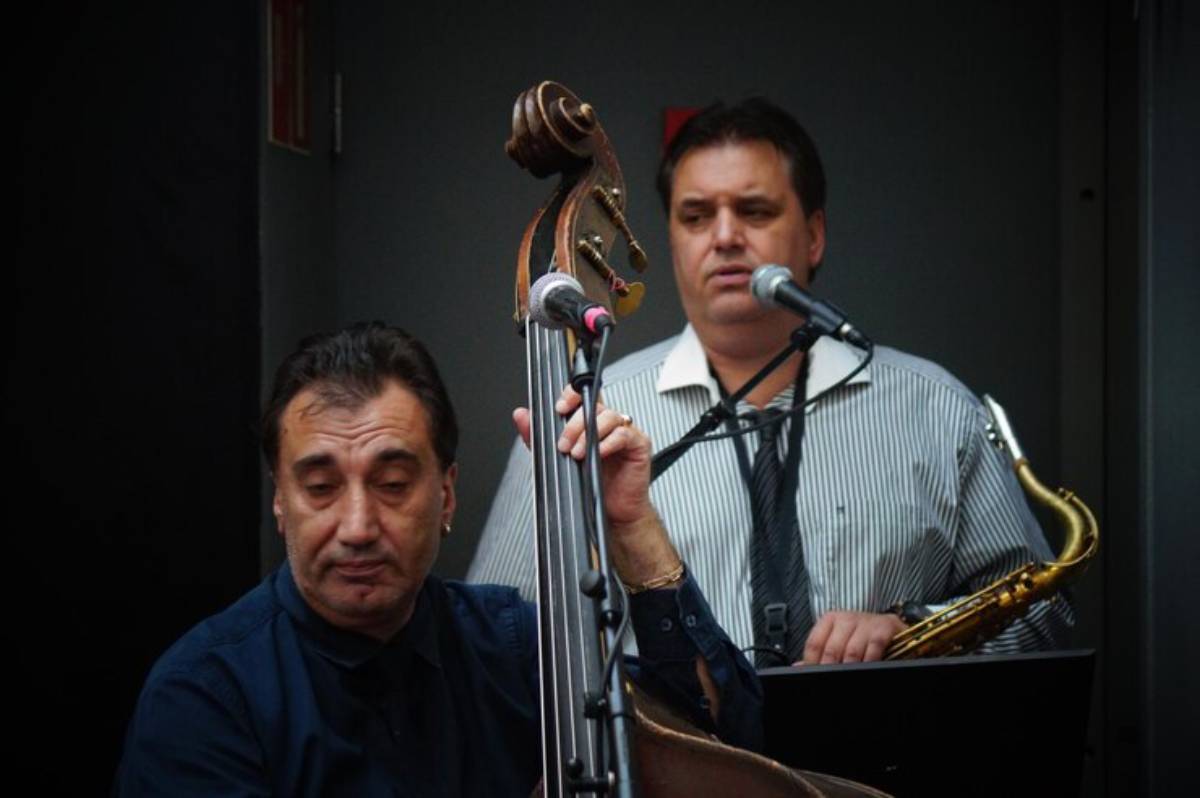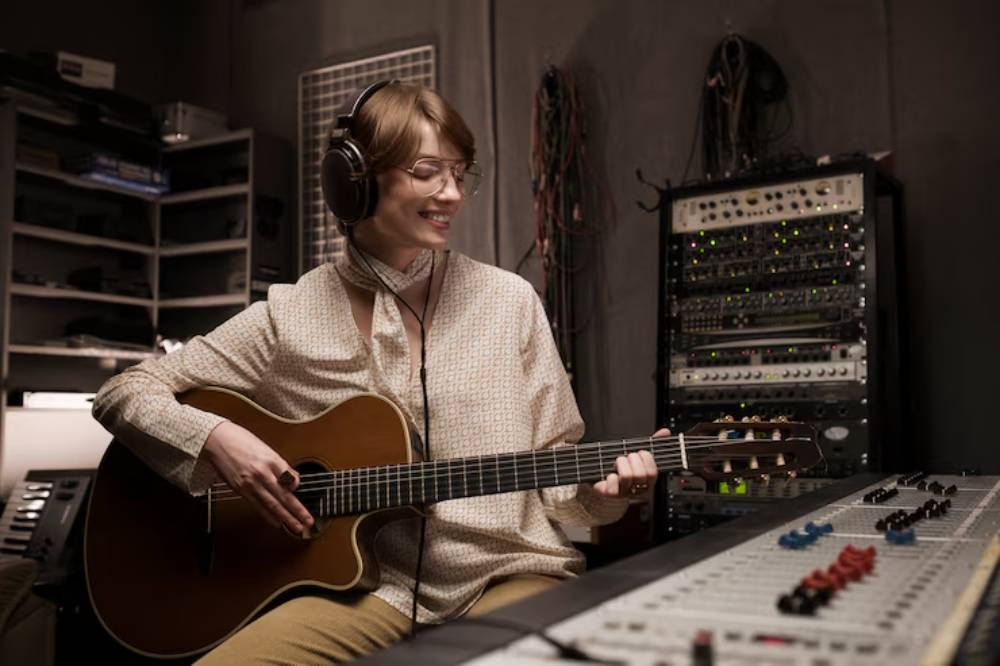
Composers Who Changed the Sound of Cinema
Cinema is a rich tapestry of many elements. Each part helps create an experience that captivates audiences everywhere. Music is a strong force. It can stir emotions, enrich stories, and stick in the viewer’s mind. In this blog, we explore film composers. These talented musicians create scores that change the essence of movies. Music in cinema has changed thanks to creative minds. It creates moments that stay with audiences even after the movie ends.
The importance of music in cinema cannot be overstated. It sets the tone, builds tension, and provides aural cues that guide the audience’s emotional journey. Yet, not all film composers are created equal. Some have risen above the rest, their work becoming synonymous with the films they score. These composers have not only changed the sound of cinema but have also redefined the way we perceive film music. Join us to discover the lives and legacies of these remarkable people. Their contributions have made a lasting impact on the film industry.
Key Benefits / Why It Matters

The Role of Film Composers in Shaping Cinema
Film composers are the unsung heroes of the cinematic experience. Their work often goes unnoticed by casual viewers, yet it plays a crucial role in shaping the emotional and narrative landscape of a film. Music in cinema serves as an emotional guide, subtly influencing the viewer’s perceptions and reactions. It can heighten tension, evoke nostalgia, or underscore a poignant moment. The impact of a well-crafted score on a film’s success cannot be underestimated.
Iconic Movie Scores and Their Cultural Impact
Some movie scores have gone beyond their films. They have become important cultural symbols. Consider the haunting notes of John Williams’ score for “Jaws,” which have become synonymous with impending danger. Or the sweeping, epic themes of Ennio Morricone’s work in “The Good, the Bad and the Ugly,” which have become emblematic of the Western genre. These scores improved their films and became part of popular culture. They influenced many other works and inspired new generations of composers.
Real-Life Applications and Data-Backed Insights
The influence of film composers extends beyond the cinema. Their work has been studied and analysed to understand the psychological effects of music on audiences. Studies show that music can greatly affect how viewers feel, remember things, and see time. A study in Psychomusicology journal found that music boosts a scene’s emotional impact. This makes it more memorable and engaging for viewers. This underscores the vital role that composers play in the filmmaking process.
Additional Expert Tips & Common Mistakes to Avoid
Best Practices for Aspiring Film Composers
For those aspiring to follow in the footsteps of legendary film composers, there are several best practices to consider. Firstly, understanding the narrative and emotional arc of a film is paramount. A composer must work closely with the director to ensure that the score complements and enhances the story being told. Additionally, versatility is key. A successful film composer should be able to adapt their style to suit different genres and moods, from the whimsical to the dramatic.
Common Mistakes and Misconceptions

One common misconception is that a film score should be constantly present, filling every moment of the film with music. In reality, silence can be just as powerful as sound. Knowing when to let a scene breathe without musical accompaniment is a skill that separates great composers from the rest. Another mistake is overcomplicating a score. While complex compositions can be impressive, simplicity often carries more emotional weight. Famous movie scores by Hans Zimmer or Thomas Newman use simple, catchy motifs. These tunes connect strongly with audiences.
Advanced Insights / Expert Recommendations
Unique Industry Perspectives
Film composition is always changing. New technologies and techniques keep reshaping the field. A major advancement in recent years is the rise of digital audio workstations (DAWs) and virtual instruments. These tools have opened up new creative options for composers. They can now experiment with sounds and textures that were once impossible to create. Technology can boost creativity, but it shouldn’t replace key elements of good composition: melody, harmony, and rhythm.
Lesser-Known Insights
Many know famous composers like John Williams and Hans Zimmer. However, many other composers have also made important contributions, even if they are less recognized. Jóhann Jóhannsson, who worked on “Sicario” and “Arrival,” mixed classical and electronic sounds in his scores. His music created hauntingly beautiful soundscapes that enhanced the films’ stories. Exploring the works of such composers can provide valuable insights into the diverse approaches to film scoring.
Encore: Why Film Composers Deserve the Spotlight
In conclusion, film composers are integral to the cinematic experience. Their work shaping the emotional and narrative landscape of the films we love. The contributions of legendary composers have left an indelible mark on the world of cinema. Their iconic movie scores becoming cultural touchstones that resonate with audiences worldwide. Let’s celebrate the creativity and innovation in film music. These maestros inspire and captivate us as we explore this changing world.
For aspiring composers and cinephiles alike, the journey of exploring film scores is a rewarding one. No matter if you’re exploring classics or finding new voices, there’s always something to learn and enjoy. So, the next time you watch a film, pay close attention to the music. Consider how it shapes your experience and enhances the story being told. And who knows? You might just discover your new favourite composer.
What are your thoughts on the role of music in cinema? Do you have a favourite film score that has left a lasting impression on you? Share your thoughts and join the conversation in the comments below!


